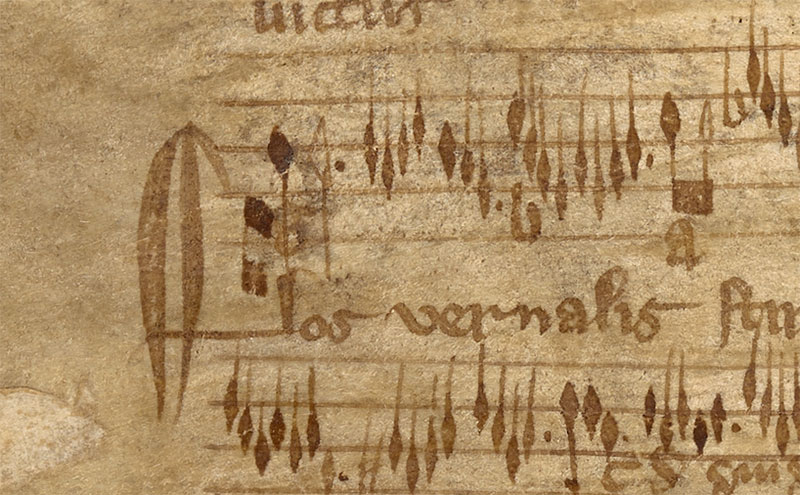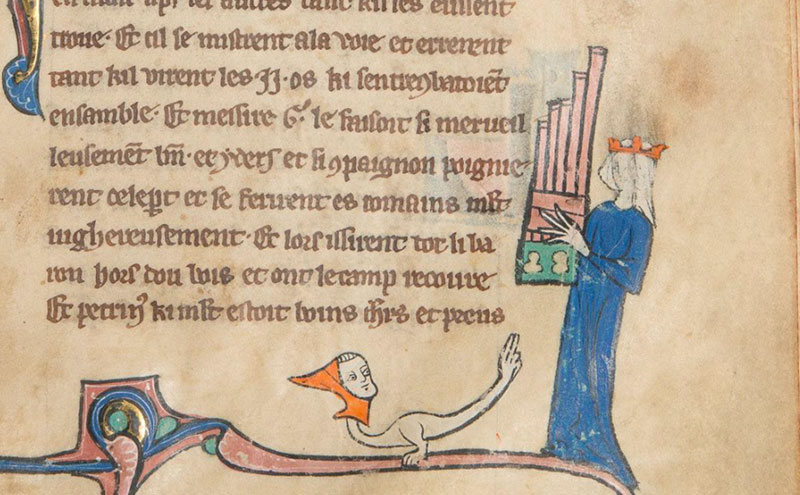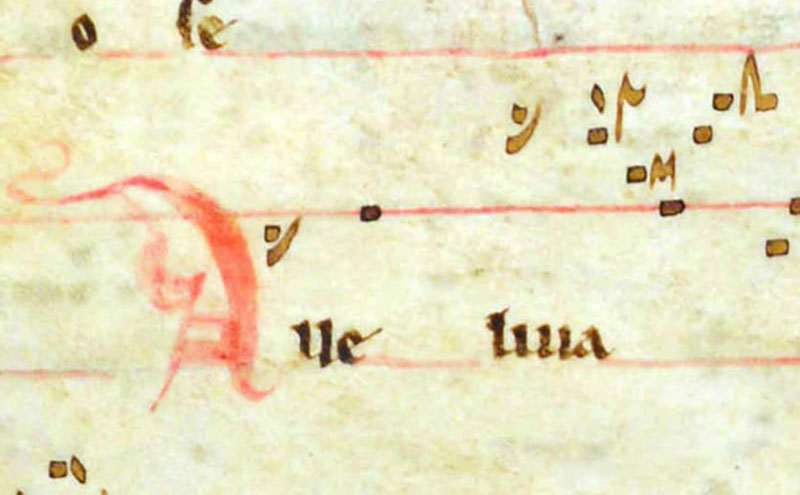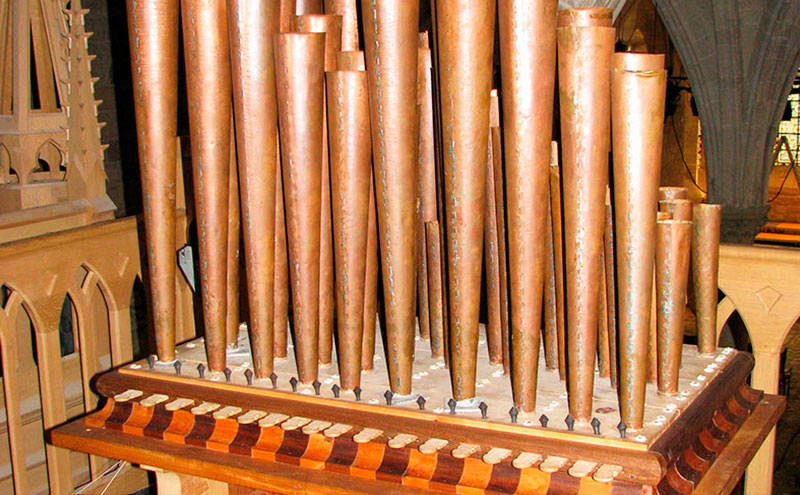Researching to make a contribution
“Although we will never know how medieval music was performed, nothing stops us from wanting to understand and get as close as we can to its repertory and context”

To me research, pedagogy, and performance practice of medieval music are inseparable. Being aware of how much knowledge has arrived to us from the Middle Ages makes us wealthy. Musicological research is a source of continuous invaluable enlightenment. Research helps musicians to develop musical and artistic proposals.
Access to knowledge and honesty in the presentation of musical projects are fundamental in order to move forward in the appreciation of Medieval Music.
You can find educational and musicological articles about medieval organs in the website I created: www.medievalorgan.com
Find more about my papers, articles, and organization of scholarly events in
Academia.
The ultimate aim of research is making a contribution: something that had never before been known or thought which from the moment it is exposed it is going to influence any further research by marking a before and after.
A contribution means for some a rare and precious achievement. At the same time in some fields there is still much to be investigated and clarified. Research is potentially unlimited.
Contact me here to know more about my research.
What do I research
My interests are not limited to one topic: I research early keyboard intabulations, medieval organ reconstruction and its repertory, and Aquitanian Tropes.

Early Keyboard Intabulations
In 2011 I found a concordance of Flos vernalis, a piece which appears intabulated in Robertsbridge Codex (14th century). Thanks to this discovery we can now obtain more results in the analysis between the vocal version and its intabulation. Thus, we can better understand the creation of diminutions in the 14th century. Know more about it here.

Reconstruction of the 13th century portative organ
I realized while playing 13th century repertory that there was no reconstruction of a suitable portative model since existing reconstructions are 14th-15th c. models. I started a research which brought me – with the help of Walter Chinaglia – to obtain the first reconstruction of a 13th-century model (2014). Performers have finally an adequate instrument to perform 13th-century music!

Newly discovered Aquitanian source
In 2024, I defended a Doctoral Thesis at the University of Würzburg (DE) and the Schola Cantorum Basiliensis (CH). My research has focused on the 13th-century Saint Maur Gradual-Troper-Sequentiary, a source in Aquitanian notation that was recently discovered. This source reveals invaluable information for scholars in its content, context, and form.

Reconstruction of High Middle Ages organs and their repertoires
I am interested in all types of positive and portative organs through the Middle Ages. In 2018 I organized the Symposium “de organis: International working sessions on the reconstruction of the High Middle Ages organ”.